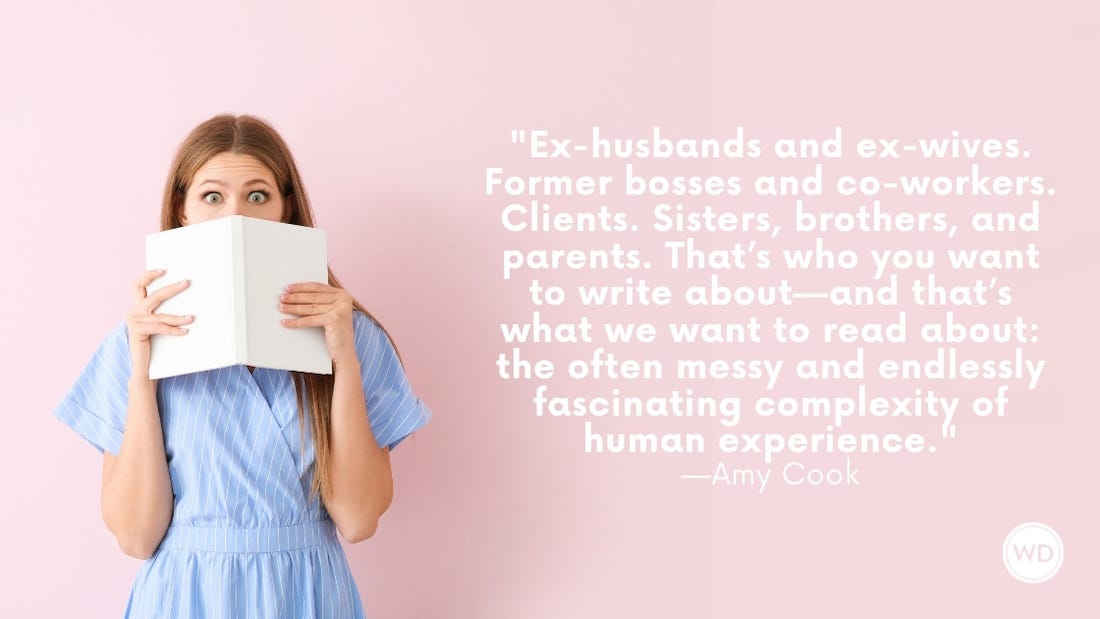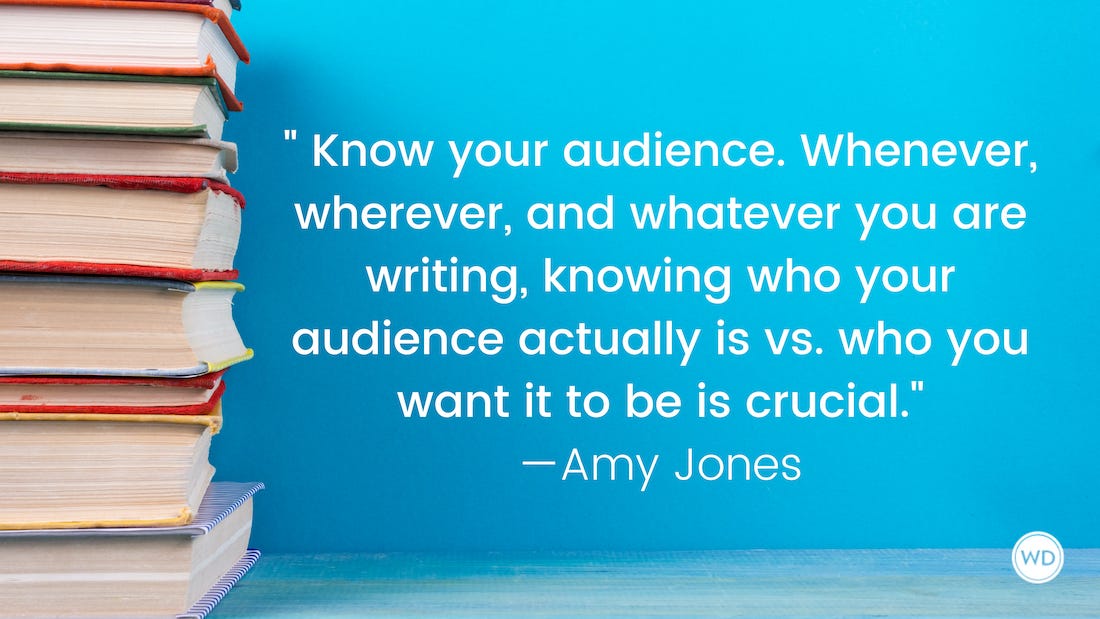Why 2008 Is Like Billy Joel (Becaue You’ve Got To Begin Again)
Hey, everyone– Welcome to 2008! Usually, around this time of year, you hear everyone saying things like, “Where did last year go?” “What happened to 2007?” “2007 just went so…
Hey, everyone--
Welcome to 2008! Usually, around this time of year, you hear everyone saying things like, “Where did last year go?” “What happened to 2007?” “2007 just went so fast!”
Well, I’m gonna be honest.
2007 did not go fast. While there were lots of great things about 2007, it was also a year of grueling work, failed projects, and unfinished scripts. In other words, it was just like every other year. And while I enjoyed much of 2007, I am—frankly—glad to see it gone.
Which is why I thought I’d dedicate today’s blog to “new beginnings.” After all, we’re screenwriters… which means there’s often nothing harder for us than beginning something, typing “Fade In” or “Once upon a time” or whatever those first words may be. Some writers hate staring at a blank page. Some are intimidated by filling a hundred more blank pages. Others are afraid of failing.
So whether you’re using the start of the new year to begin your new screenplay… or you don’t start it till June… here are some helpful hints to get your creative juices flowing and kick-start the writing process.
• Make a mix CD or playlist. I love music. And if I don’t make my first billion by writing, I’m going to become a music supervisor, making soundtracks for movies and TV shows. I often like to begin a new script by creating a CD or playlist of songs that make me feel like my story makes me feel. (For example. I was recently working on a script for a supernatural thriller, so I created a playlist full of creepy, Goth-y music like Woven Hand, Current 93, Syd Barrett, 16 Horsepower, Hekate, Swans, etc.) I’ll even order the songs so they create a chronological soundscape to the story. As I write, this helps me stay in the moment and connect to the feelings and atmosphere of the story.
• Think of a great opening line. Many writers obsess over finding the perfect first for their story. But this is often easier said than done, because we often think we need to find a line that encapsulates the entire story. Instead, simply make a list of great opening lines, whether they’re appropriate for your story or not. (I keep a running list in a journal.) Things like: “Nobody likes killing their own mother… except Tyson Rockford.” Or: “Cicely slides off her dress and smiles at her new husband. This marriage will never last… and she knows it.” Or: “It’s hard to be a good father when your daughter finds you with a ball-gag in your mouth.” This helps turn on your “first-line muscles”… and you’ll probably find a fun, interesting way into your story.
• Don’t start at the beginning. Hopefully, by the time you begin your actual script, you’ve completed a comprehensive, in-depth outline. Which means—if you’ve done your job well—you don’t need to start at the beginning. I rarely write my story’s first scene first. If I know my outline is solid, I writes the scenes I’m most inspired to write at the moments I’m inspired to write them. If I’m depressed, I’ll write the break-up scene on page 37. If I’m excited, I’ll write the action scene on 94. This not only makes the writing more fun, it allows you to write scenes when you’re in the best frame of mind to write them.
• Write the scene as prose. Or poetry. Or a newspaper article. If I’m blocked about how to begin a particular, I often try and write it in a different medium. Let’s say, for instance, I need to write a battle scene between two spaceships, and I’m having trouble figuring out how to “attack” or get into it. Instead of writing it in script form, I’ll try writing it as a short story (or a scene from a short story). Sometimes I’ll try writing it as a magazine story. Or an evening news report. Or a sonnet. Ultimately, of course, I’ll need to go back and do it in script form… but writing it in a different medium helps me look at the scene and think about details in different ways. It also removes the pressure of feeling like the scene has to be “good.” Since I know I’m never going to use a poem version of my battle scene, I can stop worrying about the quality of the writing and simply focus on story information.
• Watch a movie. Or 30 Rock. Or read a book. Imaginations are like gas tanks… we need to keep them full in order to keep our engines running. So a great way to “unblock” yourself is to give your gas tank some fuel… absorb someone else’s creative material: a movie, play, sitcom, short story, new CD, anything. I often find I get inspired by watching movies of opposite genres of whatever I’m working on. If I’m beginning a romantic comedy, I’ll watch a horror movie. If I’m writing a medical thriller, I’ll watch The Office. Different genres tend to begin their stories differently, so watching something unrelated to your own project helps illuminate other ways to begin stories or deal with problems.
There ya go. Hope those help, and here’s to a great 2008.
Now, I’m gonna go start my romantic comedy... by listening to Van Halen II and watching Friday the 13th.
Jane Friedman is a full-time entrepreneur (since 2014) and has 20 years of experience in the publishing industry. She is the co-founder of The Hot Sheet, the essential publishing industry newsletter for authors, and is the former publisher of Writer’s Digest. In addition to being a columnist with Publishers Weekly and a professor with The Great Courses, Jane maintains an award-winning blog for writers at JaneFriedman.com. Jane’s newest book is The Business of Being a Writer (University of Chicago Press, 2018).









